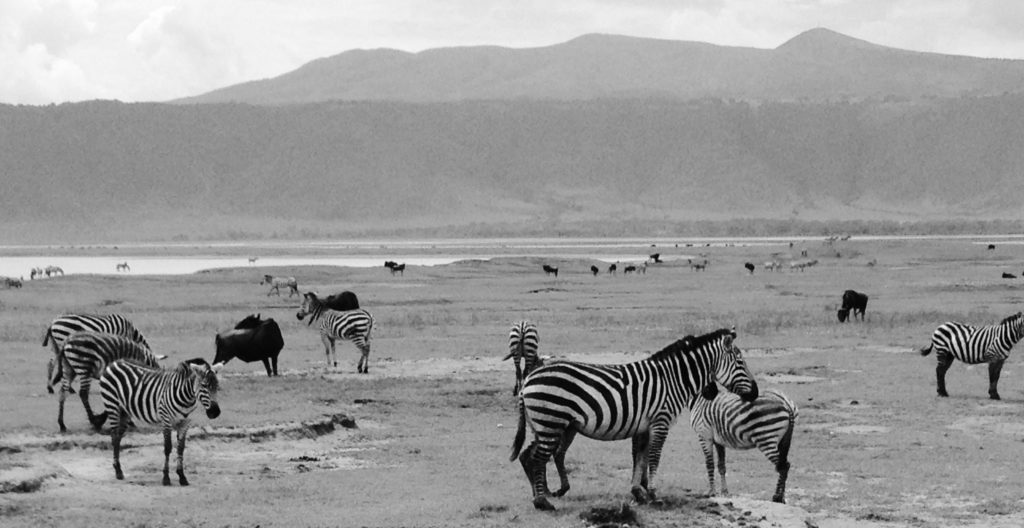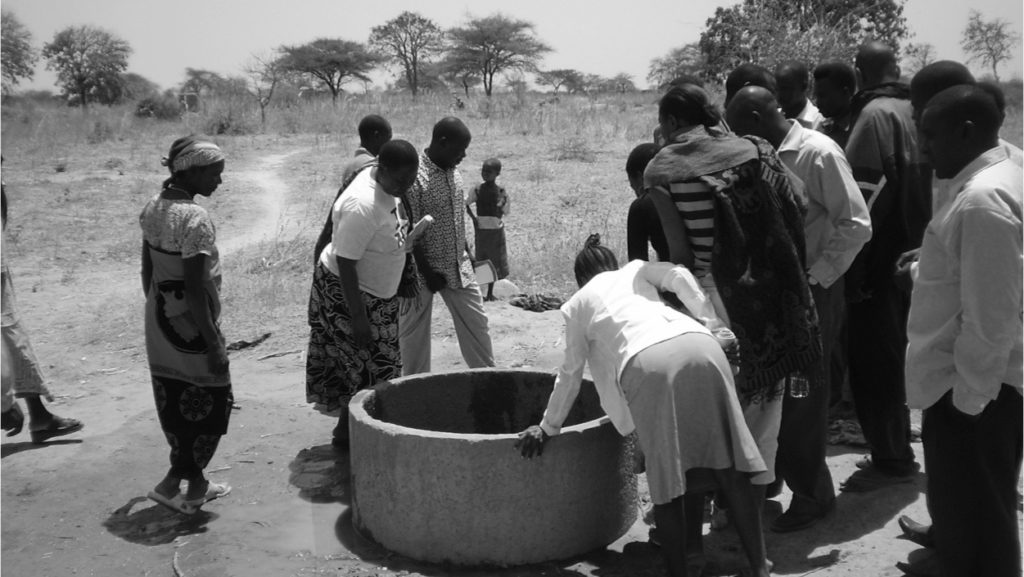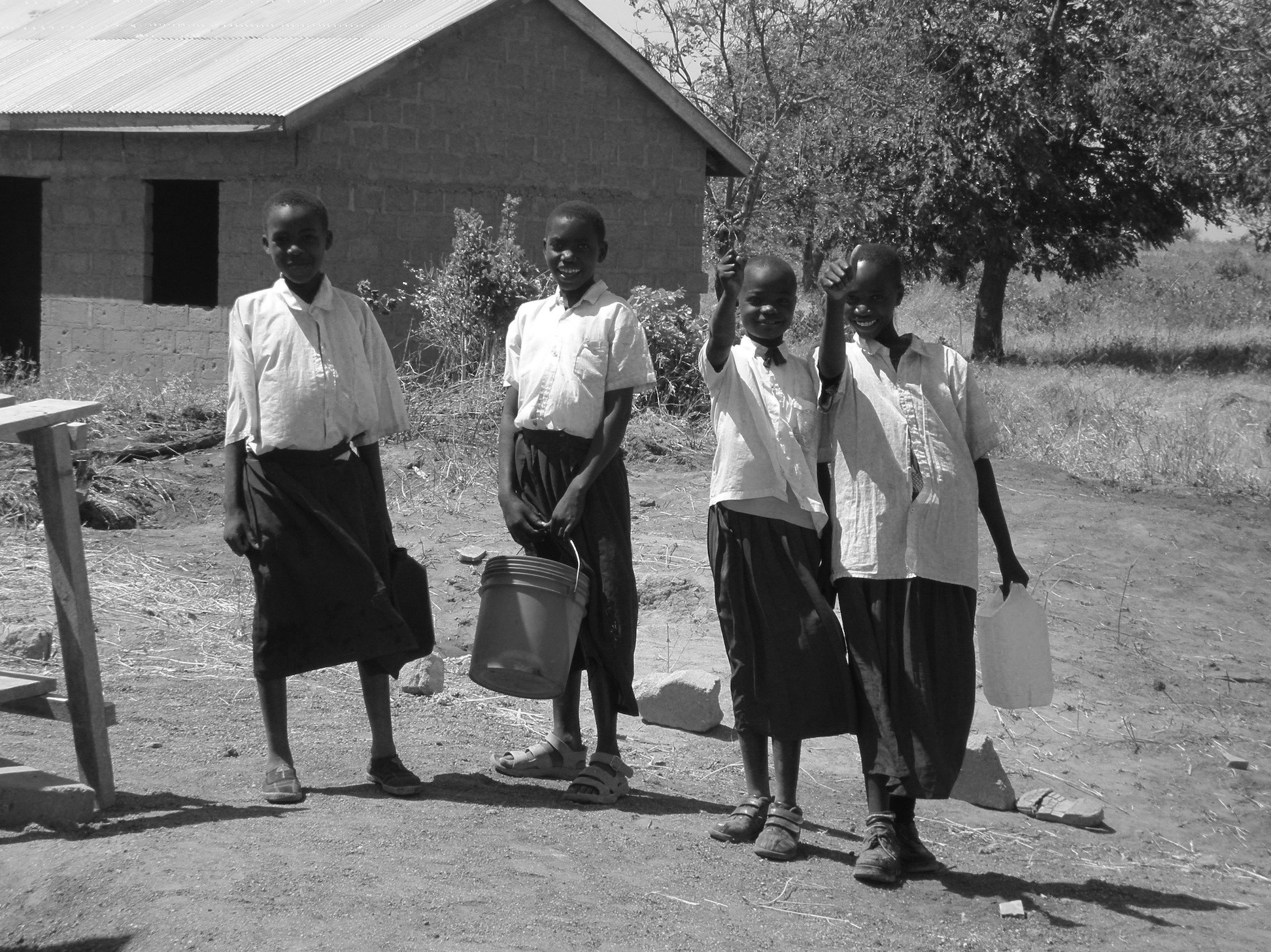
Tanzania is located in eastern Africa with the current population of 59.5 million people1. Tanzania is faced with many challenges, including extreme poverty, lack of education and diseases. Tanzania is ranked eight on the list of poorest economies in the world2, with around one third of the nation living below the poverty line3. Around 74% of all Tanzanian children live in poverty, where children living in rural areas carry the highest burden4.

Half of the Tanzanian population lack access to improved drinking water and one fourth lacks access to improved sanitation facilities5. Improving water, sanitation and hygiene (WASH) services can immensely improve the health and survival of people living under these conditions. It is estimated that diseases such as diarrhoea and stunting in children can be greatly reduced with the proper implementation of common hygiene practises such as washing hands with soap. These preventable diseases are a major economical burden or roughly 70%. Without proper hygiene facilities, lives are lost. People living in rural areas of Tanzania are at most risk, especially children6.

By improving sanitation facilities in these rural areas affected combined with proper prevention strategies, diseases such as pneumonia, HIV/AIDS and malaria have better disease outcome.
An essential part of and what can be considered threshold conditions for any country’s economic and social development is ensuring that its population has access to adequate health care services and facilities
World Health Organization
- Taken from worldometers.info 16.05.2020
- Taken from focus-economics.com 16.05.2020
- Taken from worldbank.org, Tanzania mainland poverty assessment 2015.
- Taken from unicef.org, Child poverty in Tanzania 2016.
- Taken from who.int, Annex 5. Tanzania.
- Taken from unicef.org, Tanzania – What we do/Wash
